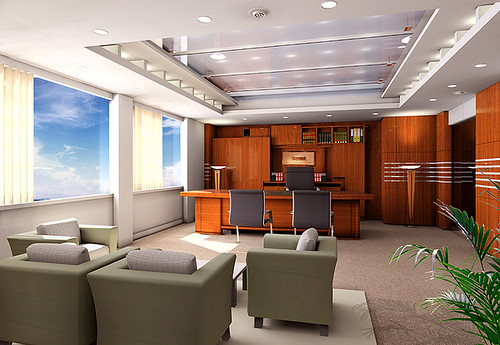Interior designers often enter a home armed with a veritable arsenal of creativity and subcontracted resources. In many cases, the secondary services a decorator brings in under his or her invoice adds a certain specialized expertise to robust décor. Professional lighting equipment and lighting design services are crucial to this mix. With the right levels of light, both glare and shadow are dispelled, and the texture and color of artwork springs to light.

Phantom Lighting Representatives, located throughout North America, Central America, and South America, are available to help the interior designer utilize some of the world’s most unique and aesthetically superb lighting equipment on the market.

If you are currently working with an interior decorator or interior design firm, we recommend you point them in our direction if they encounter any of the following scenarios relative to fine art and display lighting systems. While a great many interior designers are already working with Phantom Lighting products, many are still discovering us for the first time.

Your interior designer will most likely recommend new artwork as part of his or her overall plan for creating a new look within your home.

Private art collections can transform an interior into a realm of sophistication with very little physical change to the room. The trick is to find equipment from a lighting fixture manufacturer that will maximize the impact of your new collection without damaging the artwork itself or interfering with general room lighting. Any interior designer will tell you that the two biggest aesthetic obstacles to overcome when lighting art are shadows and glare. Any curator or experienced collector will also add that the greatest technological threat to art lighting is ultraviolet radiation and infrared heat—both of which can literally destroy priceless works of creativity and many hours of hard work on the part of your designers.
No comments:
Post a Comment